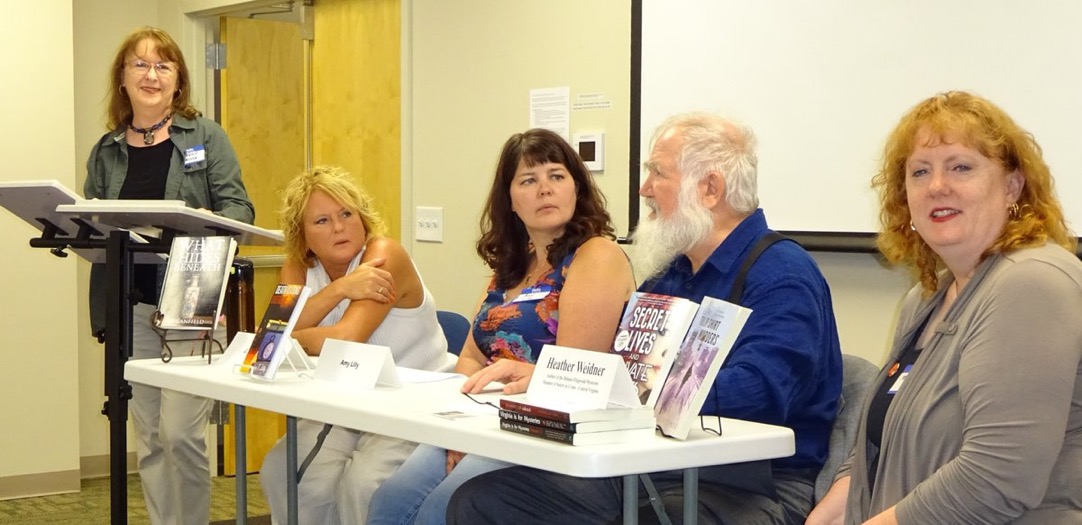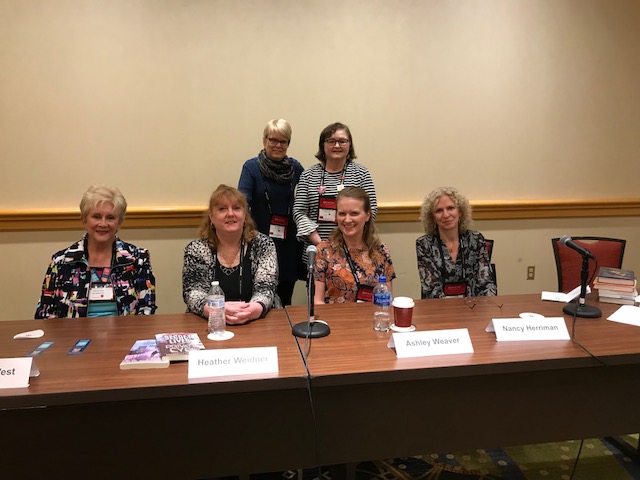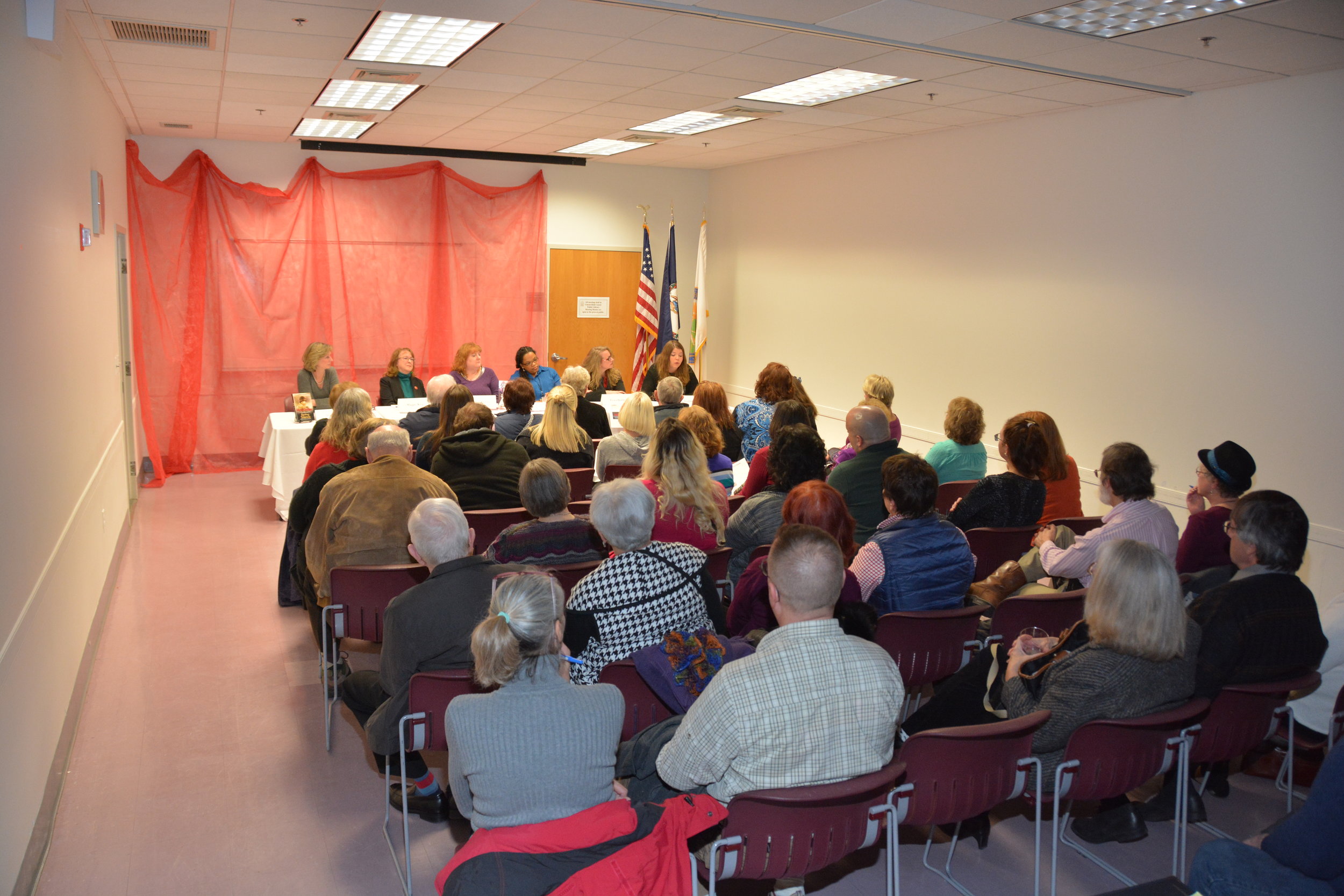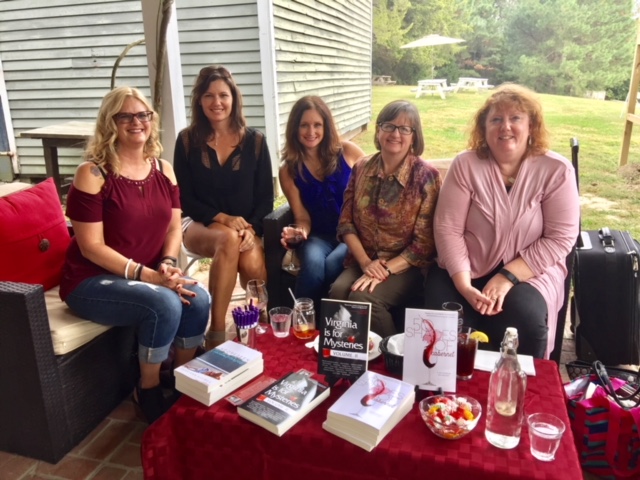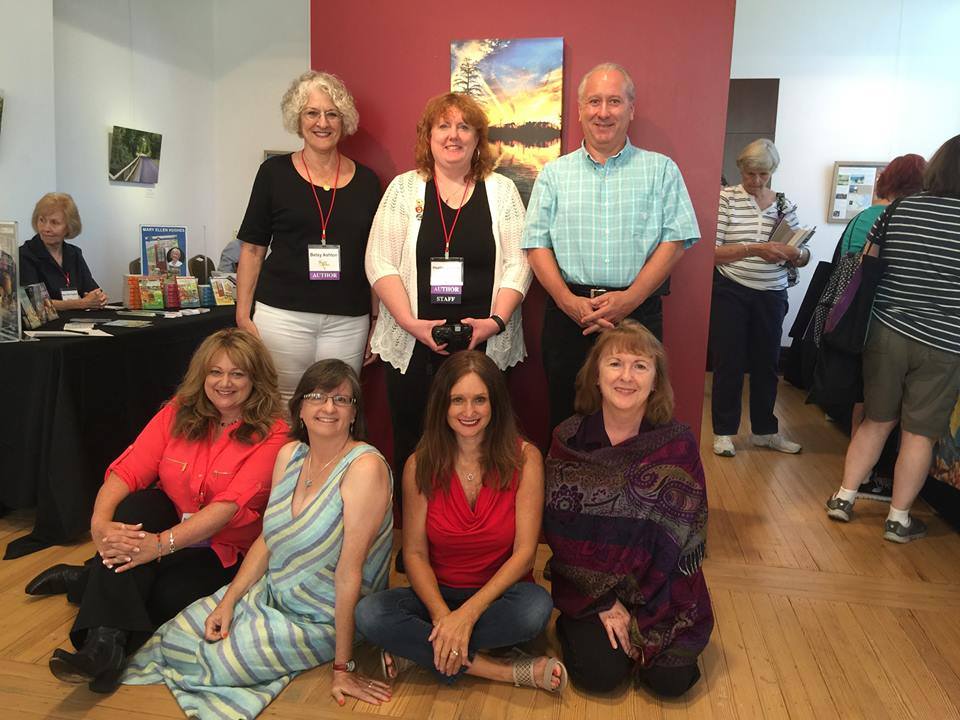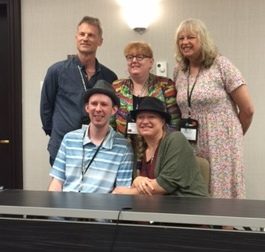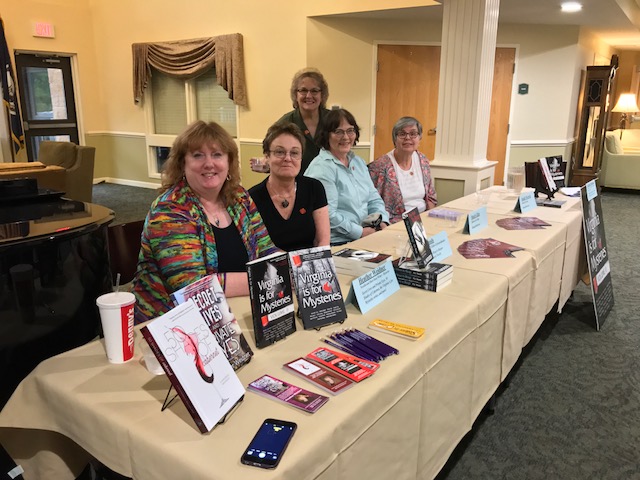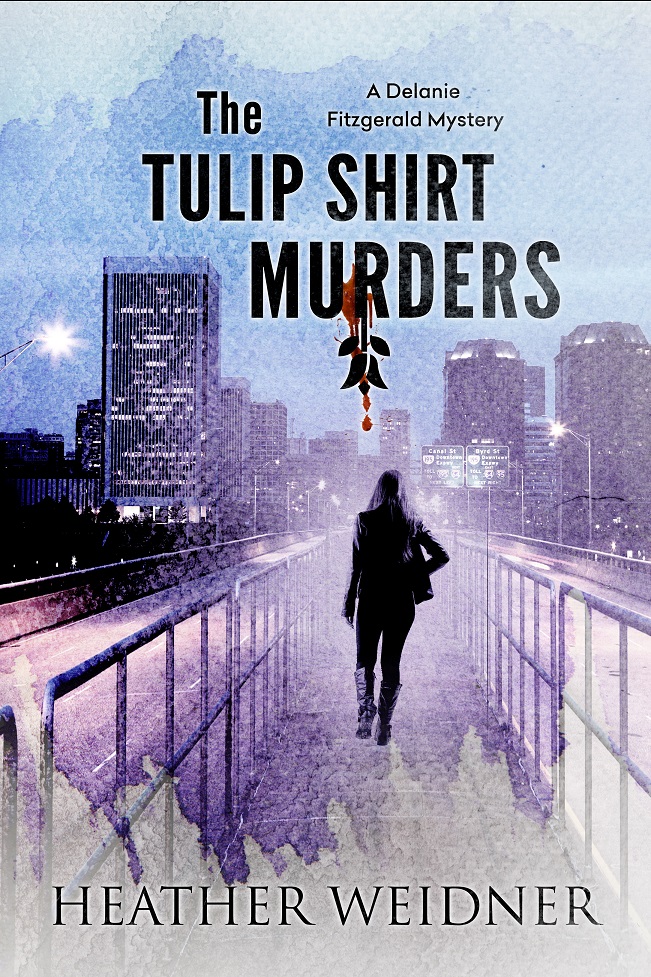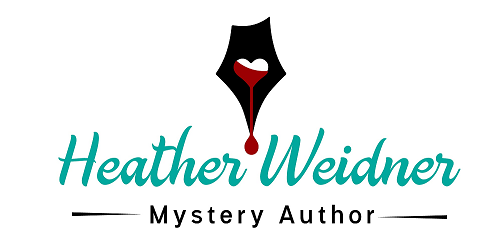It's Okay to be Choosy!
/When I had my first short stories published, I was excited to be a part of every writing and book event that came along. For the first two anthologies, our group did about fifty events a year to promote the books. Some of these events were wildly successful, and others were less than stellar. As I go along my writing journey, I've found it's okay to be selective about the events you attend. Here's what I've learned...
1. Your time is valuable. You need to guard your writing time and ensure that you are writing the next book.
2. Look at the event. Is it inside or outside? (I sunburn easily!) Look at the logistics. Do you have to bring your own tent and table? Look at the schedule. When do you have to be there and how long are you expected to stay?
3. Is this the first time for the event? It's exciting to be a part of an inaugural event. Just make sure the host publicizes the event. It's fun to be on the cutting edge, but keep in mind that there my be some snags since this is the first time for everyone.
4. Is there a cost to participate? Make sure that the spend can be covered by your sales. I've split a table with other authors before. We shared the cost and the schedules. Book sales are unpredictable. Sometimes, you sell 50 books, and other times, you'll sell 2. The latter is more disappointing if you invested a lot of money in the entrance fee.
5. What is your purpose for attending the event? If it is only to sell books, then you need to evaluate your return on your investment of time and money. If you're there to support the library or to network, then sales may not be your first concern. I've given away hundreds of bookmarks at events, and many of those interactions turn into online book sales.
6. Consider the travel, meals, and overnight stays when you budget for an event.
7. I keep a calendar, so I can look at what I did last year and also see what's on the horizon. I have a little paper one that I carry around with me. And I record everything -- in person events as well as social media ones.
8. It is okay to say no. If you're lucky, you'll be approached to participate in a lot of events. If you have a conflict (and you're interested), ask the organizers to keep you on the list for next year. Your time is valuable, and you need to consider how much time will be needed to prepare for a panel, workshop, or class.
9. How are books sold at the event? Is there a book seller, or are you responsible for sales? I have some author friends who don't do events where they have to sell books. Make sure you know the logistics ahead of time. Also if the books are sold on consignment, make sure you know how/when you'll be paid. (And even if there is a book seller, I always have a stack of books in my car. I've been to events where there were book mix ups.)
Don't feel guilty that you turn down events? You need to make the best decision for you, and if you're stressed or too busy, then you're not writing your next book. What else would you add to my list?






